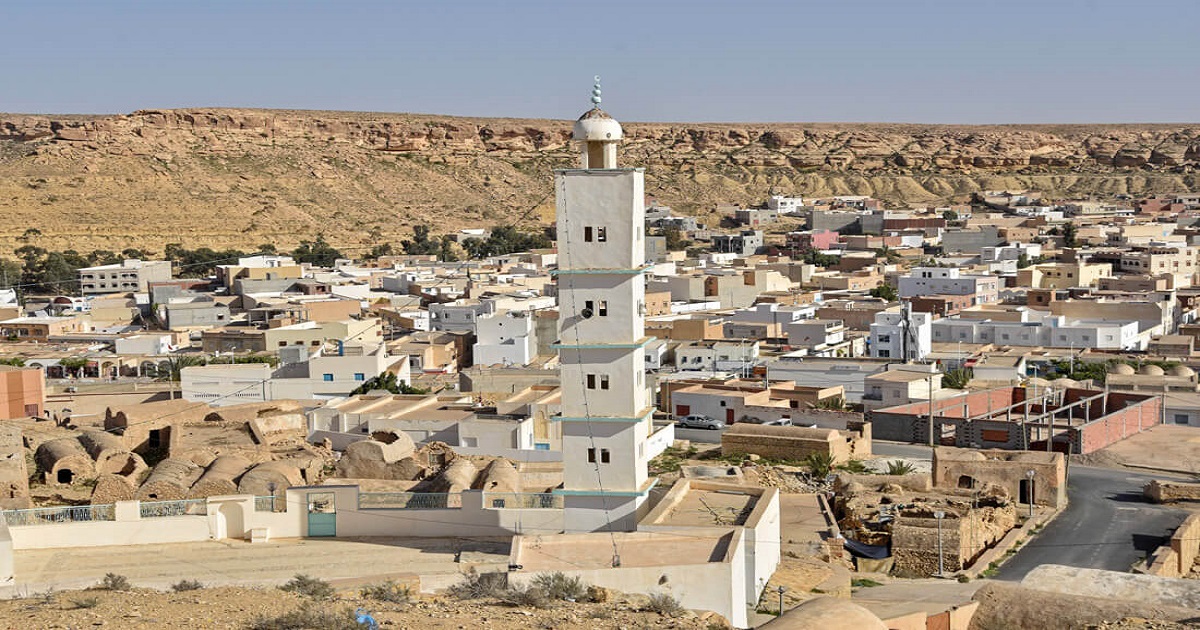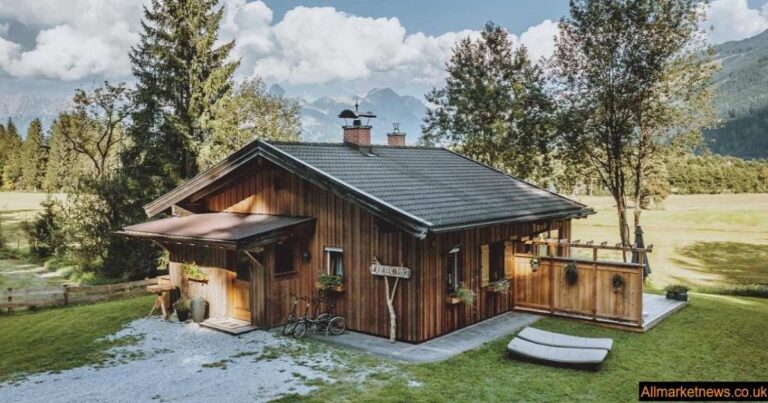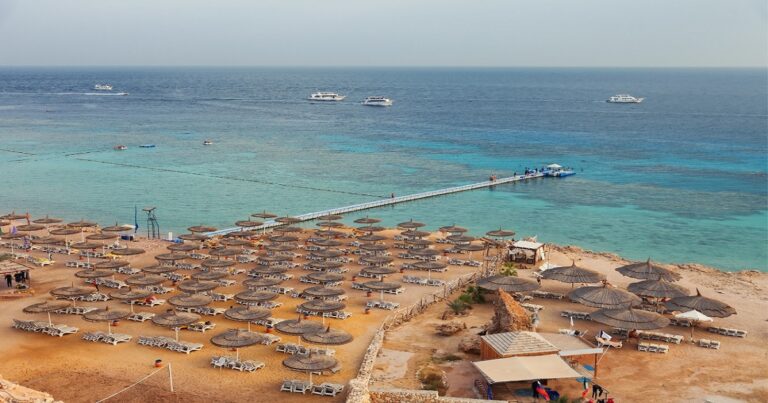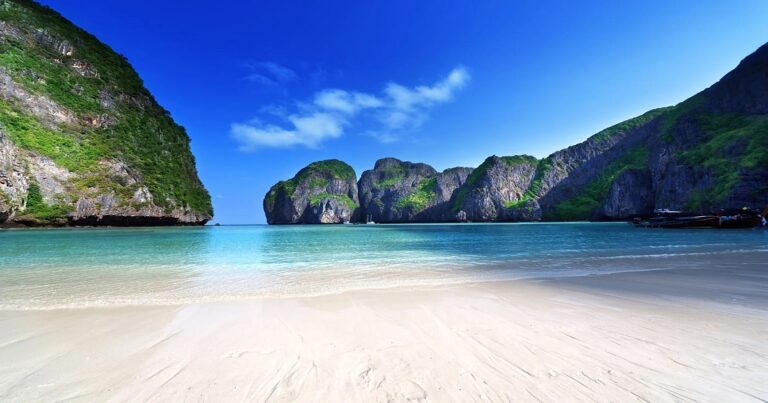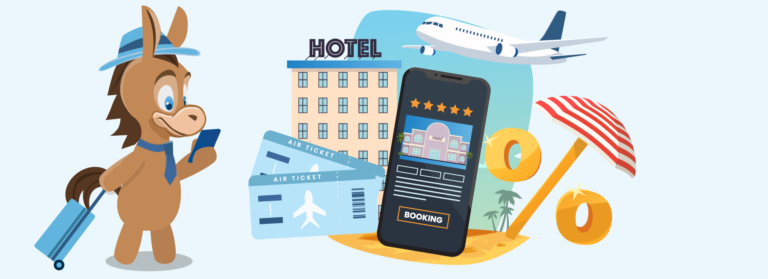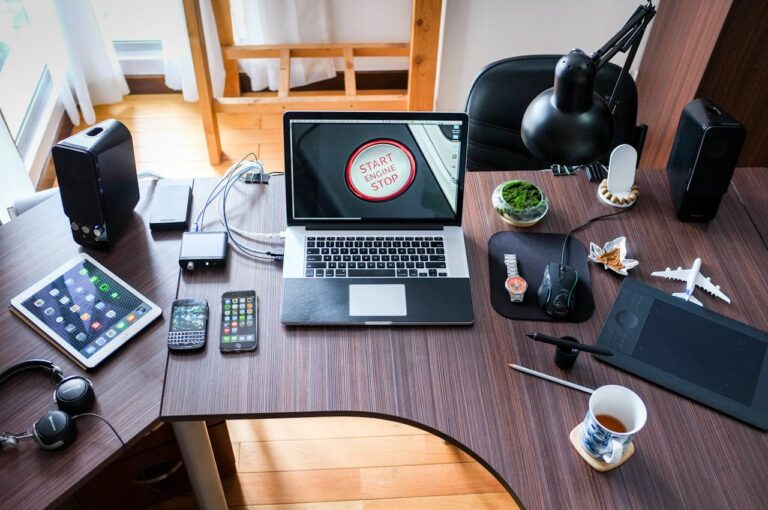Introduction
Understanding the Concerns
Tunisia, a North African gem known for its stunning Mediterranean beaches, ancient ruins, and vibrant culture, often raises concerns regarding safety among potential travelers. Understanding these concerns and providing comprehensive information about safety measures is crucial for anyone considering a trip to Tunisia.
Purpose of the Article
This article aims to address the question, “Is Tunisia safe?” by delving into various aspects of safety in the country. From political stability to terrorism threats, health considerations, and practical travel tips, we aim to equip travelers with the knowledge they need to make informed decisions about visiting Tunisia.
Safety Overview of Tunisia
Current Safety Status
Tunisia has made significant strides in enhancing security measures in recent years, particularly in popular tourist areas. While isolated incidents may occur, overall, the country maintains a relatively stable environment for visitors.
Crime Rates and Statistics
Like any destination, Tunisia experiences its share of petty crime, such as pickpocketing and scams targeting tourists. However, violent crime against tourists is rare, and most visits are trouble-free.
Political Stability
Political Landscape
Tunisia has undergone significant political changes since the Arab Spring in 2011, transitioning to a democracy. Despite occasional protests and political unrest, the country remains relatively stable.
Government Measures for Safety
The Tunisian government prioritizes security, deploying police forces and implementing measures to safeguard public spaces and tourist attractions.
Terrorism Threats
Historical Context
Tunisia has faced terrorism threats in the past, including high-profile attacks targeting tourists. However, the government has since taken proactive measures to enhance security and counter extremist activities.
Counterterrorism Efforts
Security forces collaborate with international partners to combat terrorism, with heightened surveillance and intelligence-sharing to mitigate potential threats.
Safety for Tourists
Tourist Areas and Attractions
Popular tourist destinations, such as Tunis, Sousse, and Djerba, are generally safe for visitors. These areas are well-patrolled, and security measures are in place to ensure the safety of tourists.
Safety Measures for Visitors
Travelers are advised to remain vigilant, especially in crowded areas and tourist hotspots. It’s essential to keep belongings secure and avoid displaying signs of wealth to minimize the risk of becoming a target for petty theft.
Health and Medical Facilities
Healthcare System Overview
Tunisia boasts a reasonable standard of healthcare, with modern hospitals and medical facilities in major cities. However, medical care in rural areas may be limited.
Emergency Services Availability
In case of medical emergencies, dialing 190 will connect you to emergency services. Travelers should also ensure they have adequate travel insurance to cover any medical expenses.
Cultural Sensitivity and Etiquette
Respecting Local Customs
Tunisian culture places emphasis on hospitality and respect for elders. Visitors should familiarize themselves with local customs, such as removing shoes before entering homes and dressing modestly, especially in religious sites.
Dress Code and Behavior Guidelines
While Tunisia is relatively liberal compared to some other Muslim-majority countries, it’s important to dress modestly out of respect for local sensibilities. Revealing clothing may attract unwanted attention and could be seen as disrespectful.
Transportation Safety
Public Transportation Overview
Public transportation in Tunisia includes buses, trains, and taxis, which are generally safe for travelers. However, it’s advisable to exercise caution, particularly when using unofficial taxis.
Driving and Road Safety
Renting a car provides flexibility for exploring Tunisia, but it’s essential to adhere to traffic regulations and drive defensively. Road conditions in rural areas may vary, so caution is advised, especially at night.
Communication and Language
Language Barrier
Arabic is the official language of Tunisia, but French is widely spoken, especially in tourist areas. English is also understood to some extent, particularly in hotels and restaurants.
Translation Services Availability
Translation apps and phrasebooks can be helpful for overcoming language barriers, but learning a few basic Arabic phrases can also enhance your travel experience and facilitate communication with locals.
Accommodation Safety
Hotel Safety Standards
Hotels in Tunisia adhere to international safety standards, with security measures in place to ensure the safety of guests. However, travelers should still exercise caution and secure their valuables.
Tips for Choosing Safe Accommodation
When selecting accommodation, opt for reputable hotels and read reviews from other travelers. Verify that the hotel has secure access and offers amenities such as safes in guest rooms.
Emergency Contacts
Important Phone Numbers
For emergencies, dial 197 (police), 190 (medical), or 198 (fire). Travelers should also keep contact information for their embassy or consulate handy in case of emergencies.
Embassy and Consulate Information
Most countries have diplomatic representation in Tunisia, providing assistance to citizens in distress. It’s advisable to register with your embassy or consulate upon arrival to receive updates and support if needed.
Travel Insurance
Importance of Travel Insurance
Travel insurance is essential for covering unexpected events such as medical emergencies, trip cancellations, or lost luggage. Ensure your policy provides adequate coverage for your needs.
Coverage Details and Recommendations
Review your travel insurance policy carefully to understand what is covered and any exclusions. Consider purchasing a policy that includes medical evacuation coverage, especially if you plan to engage in adventurous activities.
Local Laws and Regulations
Understanding Legal System
Tunisia operates under a civil law system influenced by French legal principles. Travelers are expected to abide by local laws and regulations, including those related to drug possession, photography, and public behavior.
Common Legal Issues for Travelers
While serious legal issues are rare for tourists, it’s essential to be aware of potential pitfalls. For example, consuming alcohol in public during Ramadan or engaging in political activities could lead to legal repercussions.
Personal Safety Tips
Avoiding Risky Situations
Exercise caution when exploring unfamiliar areas and avoid walking alone at night, especially in secluded areas. Stay aware of your surroundings and trust your instincts if something feels off.
Staying Vigilant in Public Places
Tourist attractions and crowded areas are prime targets for pickpockets and scammers. Keep your belongings secure, be wary of overly friendly strangers, and avoid sharing personal information with strangers.
Conclusion
Tunisia, despite certain challenges, offers a safe and enriching travel experience for visitors. By understanding the local dynamics, respecting cultural norms, and staying informed about safety measures, travelers can enjoy all that this beautiful country has to offer.









